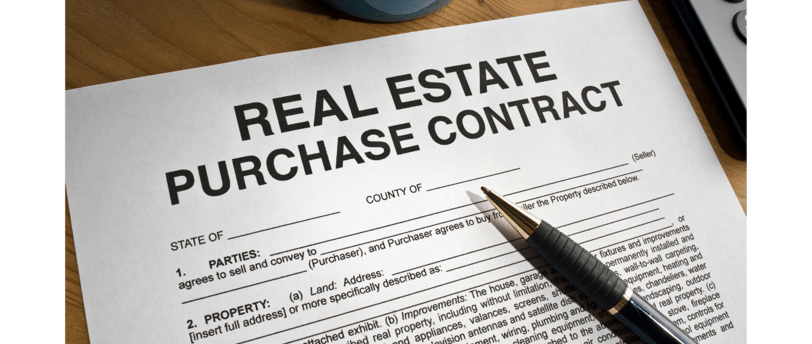Debunking the Myth: Wholesalers Aren't All Bad, Real Estate Agents Aren't All Honest
7/12/20232 min read


Real estate investing has seen a surge in popularity in recent years, with different strategies and roles coming into play. Among them are wholesalers, who are often misunderstood and unfairly labeled as unethical by some real estate agents. This article aims to shed light on the role of wholesalers and challenge the notion that they are inherently bad, while also acknowledging that dishonesty can exist among real estate agents as well.
Understanding Wholesalers:
Wholesalers are investors who act as intermediaries between motivated sellers and potential buyers. Their main role is to find distressed properties, negotiate a fair deal with the seller, and then assign the contract to an interested buyer for a fee. Wholesaling is legal and can be a mutually beneficial arrangement for all parties involved. It allows sellers to offload properties quickly and buyers to acquire properties at a discounted rate. However, it's crucial to note that, like any industry, there are both ethical and unethical wholesalers.
The Notion of Dishonesty:
While there are reputable real estate agents who work diligently to provide the best service to their clients, it's essential to recognize that dishonesty can exist within the real estate industry as well. Just as there are unethical wholesalers, some real estate agents may prioritize their own interests over those of their clients. This could include withholding information, pushing clients into unfavorable deals, or not disclosing potential conflicts of interest. These actions go against what they attested to when they applied for their license, but everyone is human and trying to make a living. Research the fiduciary duties owed to you as a buyer or seller when you hire a real estate agent.
National Association of Realtors 2023 Code of Ethics & Standard Practice
The Difference Between Ethical and Unethical Practices:
The key to understanding wholesalers and real estate agents is to differentiate between ethical and unethical practices. Ethical wholesalers are transparent about their role, honest about the property's condition, and ensure all parties involved are aware of the transaction details. They strive to create win-win scenarios where both sellers and buyers benefit from the deal.
On the other hand, dishonest wholesalers may misrepresent information about the property, engage in high-pressure sales tactics, or fail to fulfill their contractual obligations, leading to negative experiences for all parties.
Similarly, honest real estate agents act with integrity, prioritize their clients' interests, and provide valuable guidance throughout the buying or selling process. They are committed to transparency and ensuring their clients make informed decisions.
Dishonest real estate agents, driven by self-interest, may conceal vital information, manipulate clients, bad-mouth wholesalers, and prioritize personal gains over the well-being of those they serve.
Conclusion:
Wholesalers, like real estate agents, play a significant role in the real estate market. It is essential to avoid generalizing and painting an entire group as inherently bad or dishonest. Instead, investors, sellers, and buyers should evaluate individuals based on their ethical practices, transparency, and dedication to serving their clients' best interests.
Ultimately, being informed, conducting due diligence, and seeking recommendations from trusted sources can help individuals make well-informed decisions when engaging with both wholesalers and real estate agents. By promoting a culture of honesty and integrity within the real estate industry, we can work together to create a positive and inclusive environment that benefits everyone involved.
